
11 November 2025
Examining whether artificial intelligence threatens jobs or simply transforms the nature of work.
The article explores the evolving relationship between artificial intelligence (AI) and employment, arguing that while AI-driven automation enhances efficiency and may initially displace certain job roles, it ultimately cannot replace human labor on the consumption side of the economy. Drawing parallels to the Y2K era, the author suggests that fears of mass unemployment due to AI are overstated. Instead, AI should be viewed as a productivity tool whose limitations in analytical transparency and dependence on human purpose underscore the continuing importance of human labor.
Read More →
11 November 2025
AI can make production increasingly sophisticated but consumption will need people with incomes
While artificial intelligence is transforming production and making processes more efficient, it cannot replace the human role in consumption. Labour will continue to be essential in sustaining demand, making fears of redundancy largely misplaced.
Read More →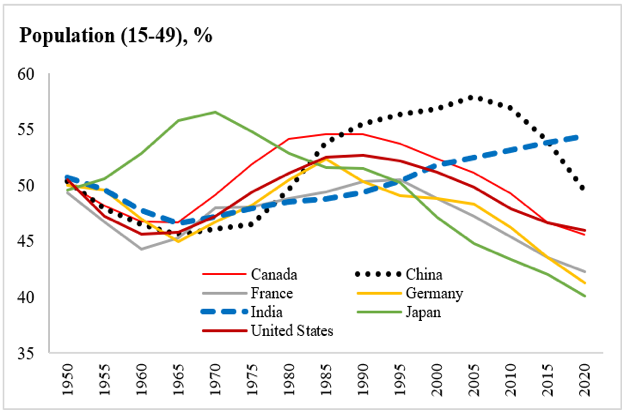
11 November 2025
Why Indias young workforce and growing consumer base make it central to the global economic future.
This article explores how technological advances and demographic trends intersect to shape the global economy, emphasizing Indias pivotal role as a market driven by its large and youthful population amid global stagnation.
Read More →
08 October 2025
Global Experts Discuss Trade, Climate Policy, and Industrial Adaptation at AEDRs 2025 Conclave
The Association of Environment and Development Research (AEDR) hosted a one-day conclave on October 8, 2025, at PHDCCI, focusing on the intersection of trade, environmental policy, and sustainable industry. Experts highlighted the implications of global policy shifts, such as the U.S. withdrawal from the Paris Agreement and the EUs Carbon Border Adjustment Mechanism, on Indian industries. Discussions underscored the need for domestic carbon markets, regional trade cooperation, and sustainable urban development to address mounting environmental challenges.
Read More →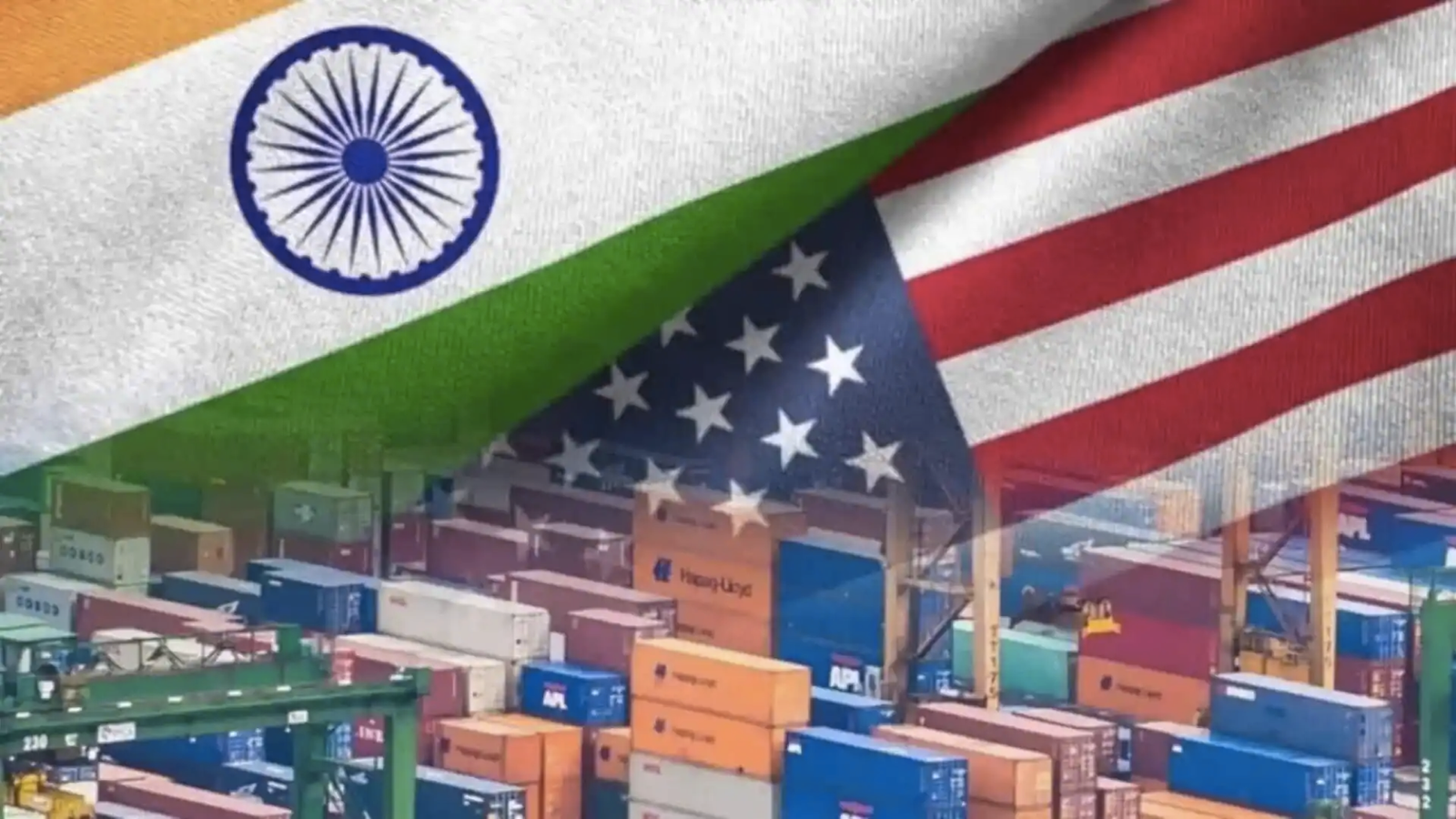
29 August 2025
India faces steep tariff challenges as Trumps protectionist policies mix politics with economics.
Trumps renewed tariff war threatens global trade stability and hits Indian exporters hard, but its true motivations lie more in political theatre than in economic rationale.
Read More →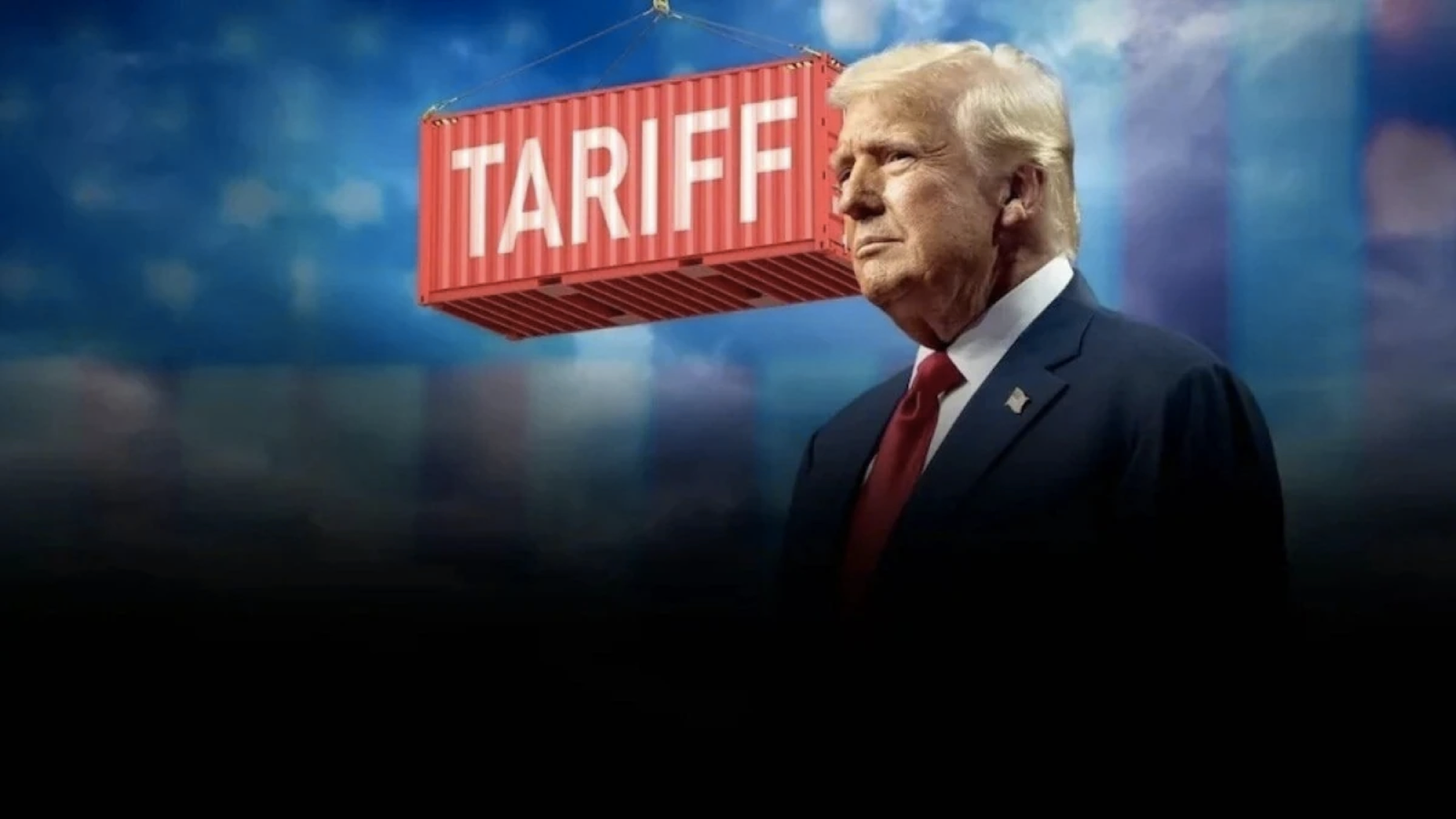
16 May 2025
Trumps revival of protectionist tariffs echoes McKinley-era nationalism, blending ideology, ego, and geopolitics in a deeply globalized world.
Donald Trumps renewed push for tariffs reflects more than economic protectionism it channels political theatre and historical nostalgia. While the tariffs aim to safeguard American industry, they risk inflating consumer prices, disrupting supply chains, and straining relations with allies like India. As the U.S. economy faces labour shortages and budgetary pressure, Trumps policies underscore a 19th-century mindset in a 21st-century economy. For India, the task lies in adapting pragmatically and strategically to shifting trade realities.
Read More →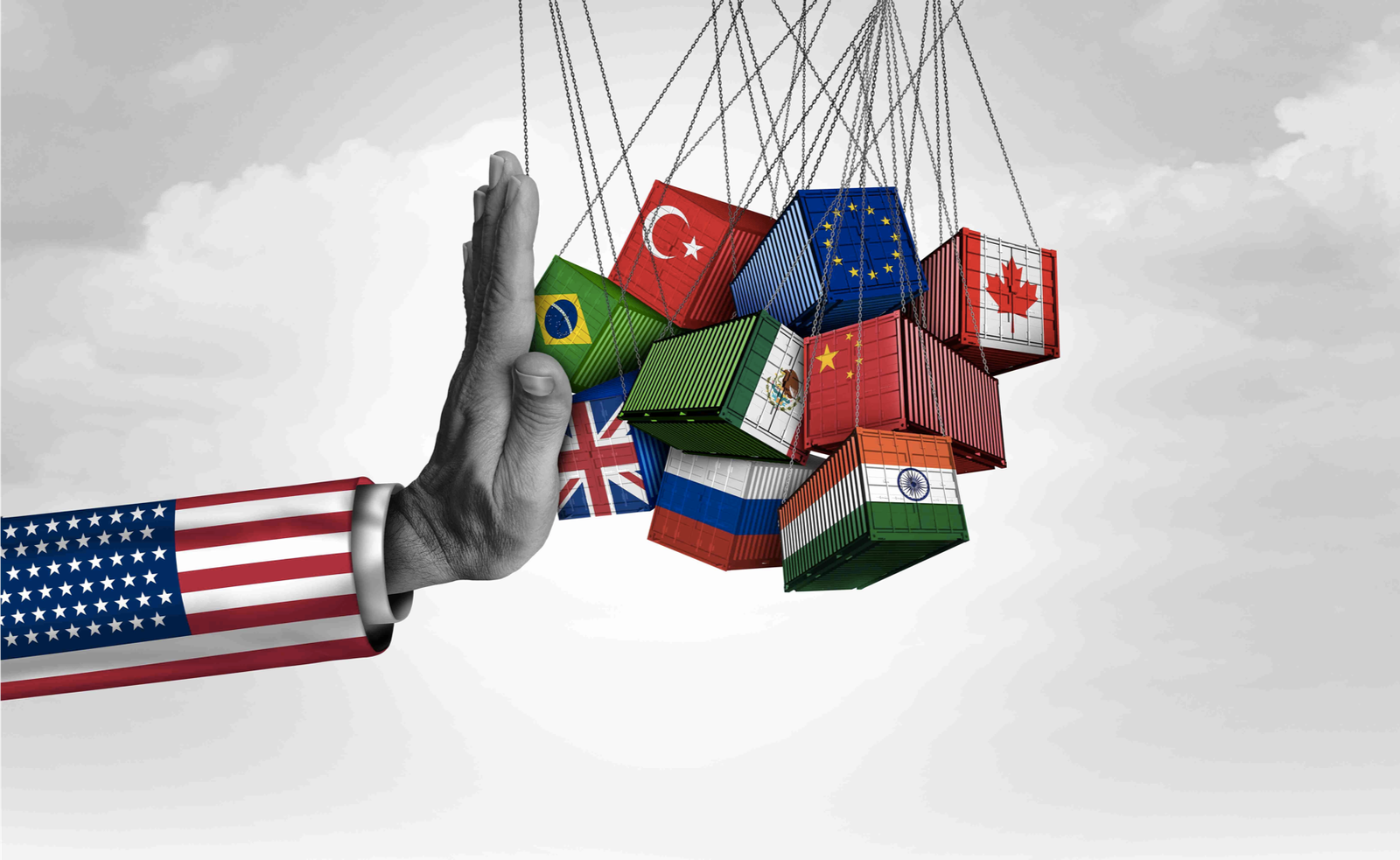
02 May 2025
Understanding Trumps tariff war and its implications for global and Indian trade policy.
The escalating tariff battles led by the United States under President Trump echo the trade conflicts of the 1950s, with potential global repercussions. While the U.S. aims to reassert dominance through protectionism, India must navigate the evolving trade landscape strategicallyespecially by leveraging opportunities in services and recalibrating its trade negotiation approach.
Read More →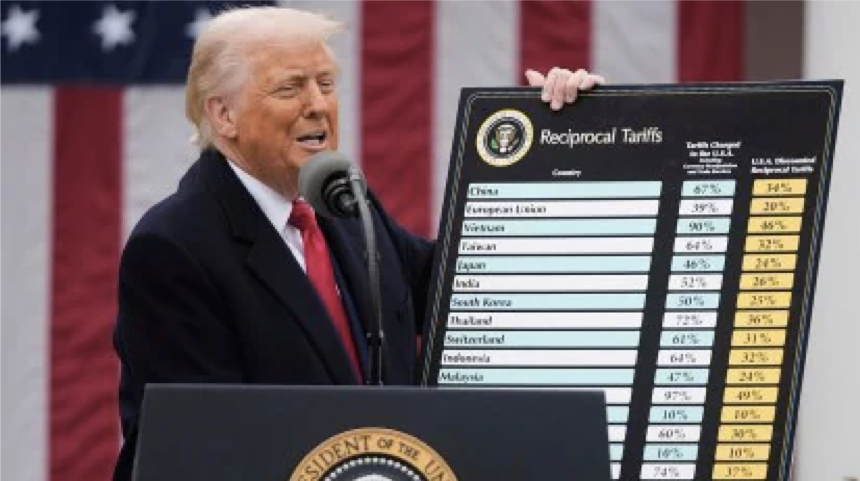
24 April 2025
Trumps tariff reversals expose deeper geopolitical ambitions where democracy risks becoming the ultimate casualty.
This article analyzes how Donald Trumps rapid tariff reversals reflect not just economic recalibration but a shift toward global power realignment. It argues that the return of U.S. unilateralism signals a new cold war with China, threatening democratic ideals in pursuit of economic dominance.
Read More →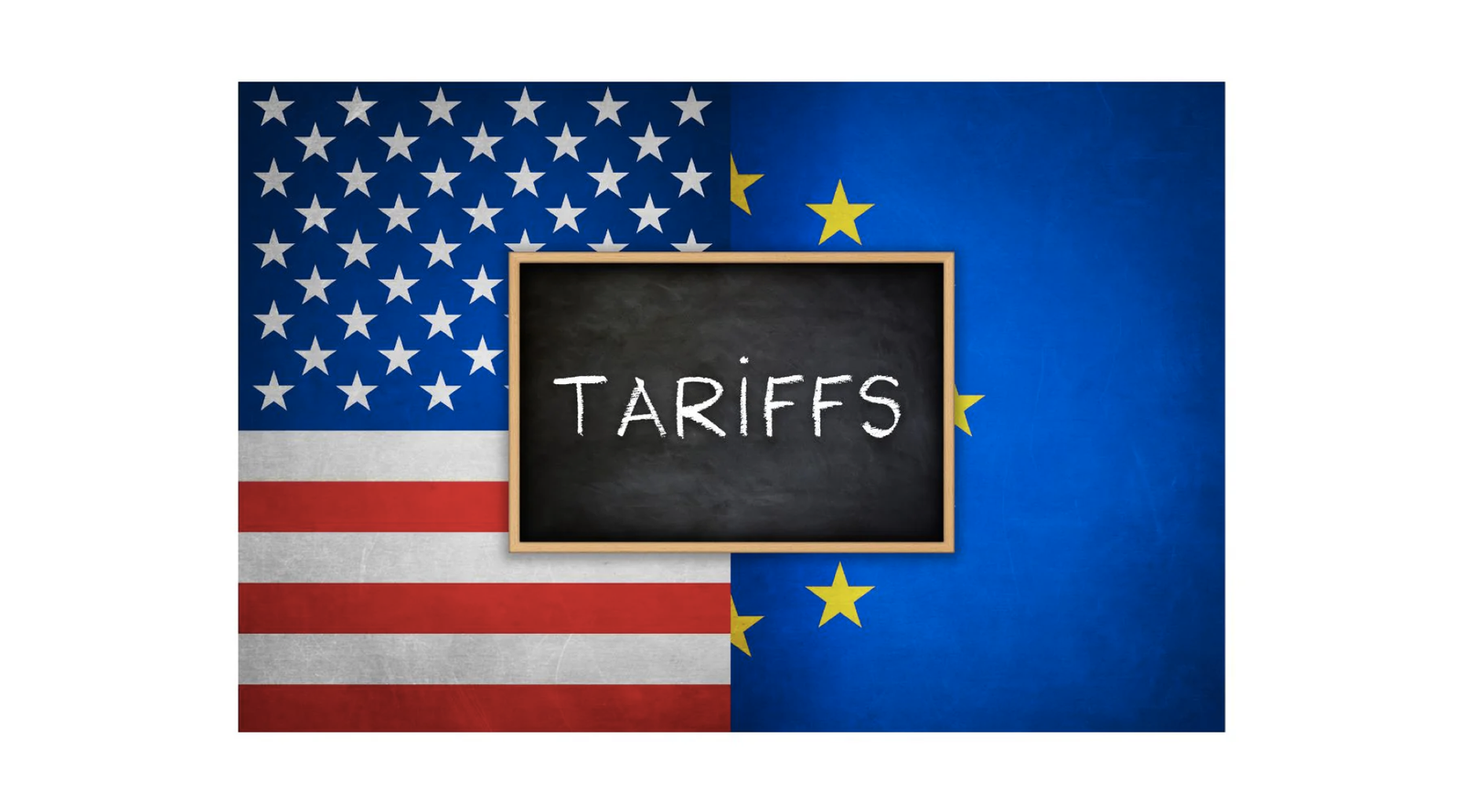
18 April 2025
An analysis of the motivations and economic implications behind Donald Trumps renewed tariff strategies.
Manoj Pant examines the logic and consequences behind President Trump\\'s protectionist trade policies, drawing parallels with historical precedents and evaluating their impact on India and the global economy.
Read More →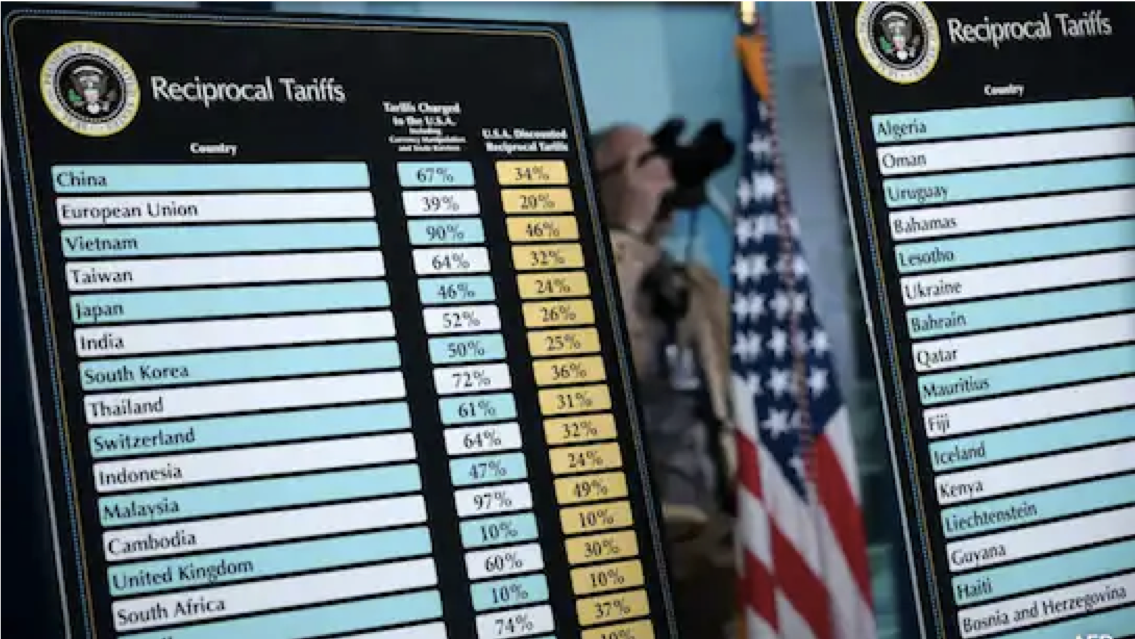
04 April 2025
Why Indias best response to U.S. reciprocal tariffs may be strategic patience rather than retaliation.
This article analyzes the implications of the U.S. Trade Representatives new reciprocal tariff formula, arguing that while Americas global trade clout has diminished, India should avoid immediate retaliation and instead wait for clarity on tariff calculations and political negotiations.
Read More →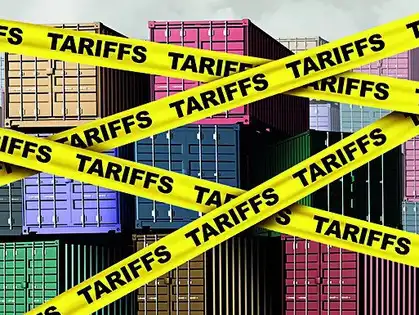
28 March 2025
Why Trumps tariff strategy may disrupt politics but is unlikely to trigger a 1930s-style global economic collapse.
This article examines the economic and geopolitical implications of Donald Trumps tariff policies, arguing that despite unsettling global politics, todays flexible exchange rates, global value chains, and multinational networks make a repeat of the Great Depression unlikely.
Read More →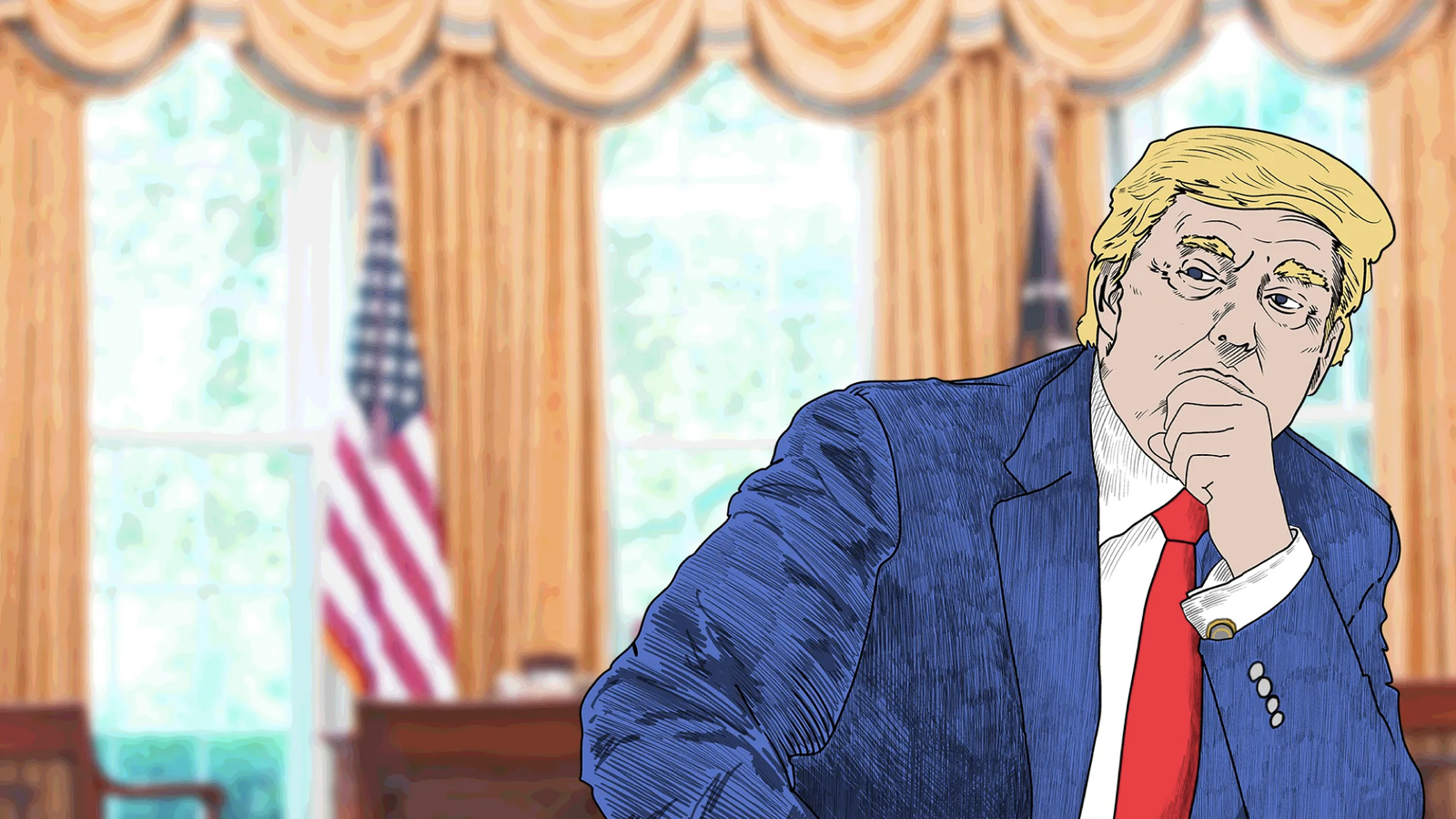
14 February 2025
How Trumps return could reshape global trade, multilateralism, and the balance of economic power.
As Donald Trumps potential return to power looms, concerns rise over tariffs, trade disruptions, and weakening multilateral institutions. Yet, the global economy has evolved beyond U.S. dominance. Dr. Manoj Pant explores how geo-economics rather than geopolitics now defines global relations, with countries adapting to reduced dependence on the U.S. market and recalibrating toward regional cooperation and service trade interdependence.
Read More →
07 February 2025
Why codifying global trade in services is essential as non-tariff barriers rise and WTO negotiations stall.
This article highlights the growing importance of services in global trade, the challenges posed by non-tariff barriers and lack of reliable data, and why developing countries like India must adopt a structured approachthrough mutual recognition agreements and services trade indicesto negotiate effectively in this emerging frontier.
Read More →
10 January 2025
Trump\\'s renewed tariff threats may rattle global markets, but structural shifts in world trade make his impact limited.
As Donald Trump prepares for another term, concerns rise over his potential tariff wars and their effect on global trade. Yet, historical evidence and structural changes suggest that world trade is far less vulnerable today, with many countries having diversified away from US dependency.
Read More →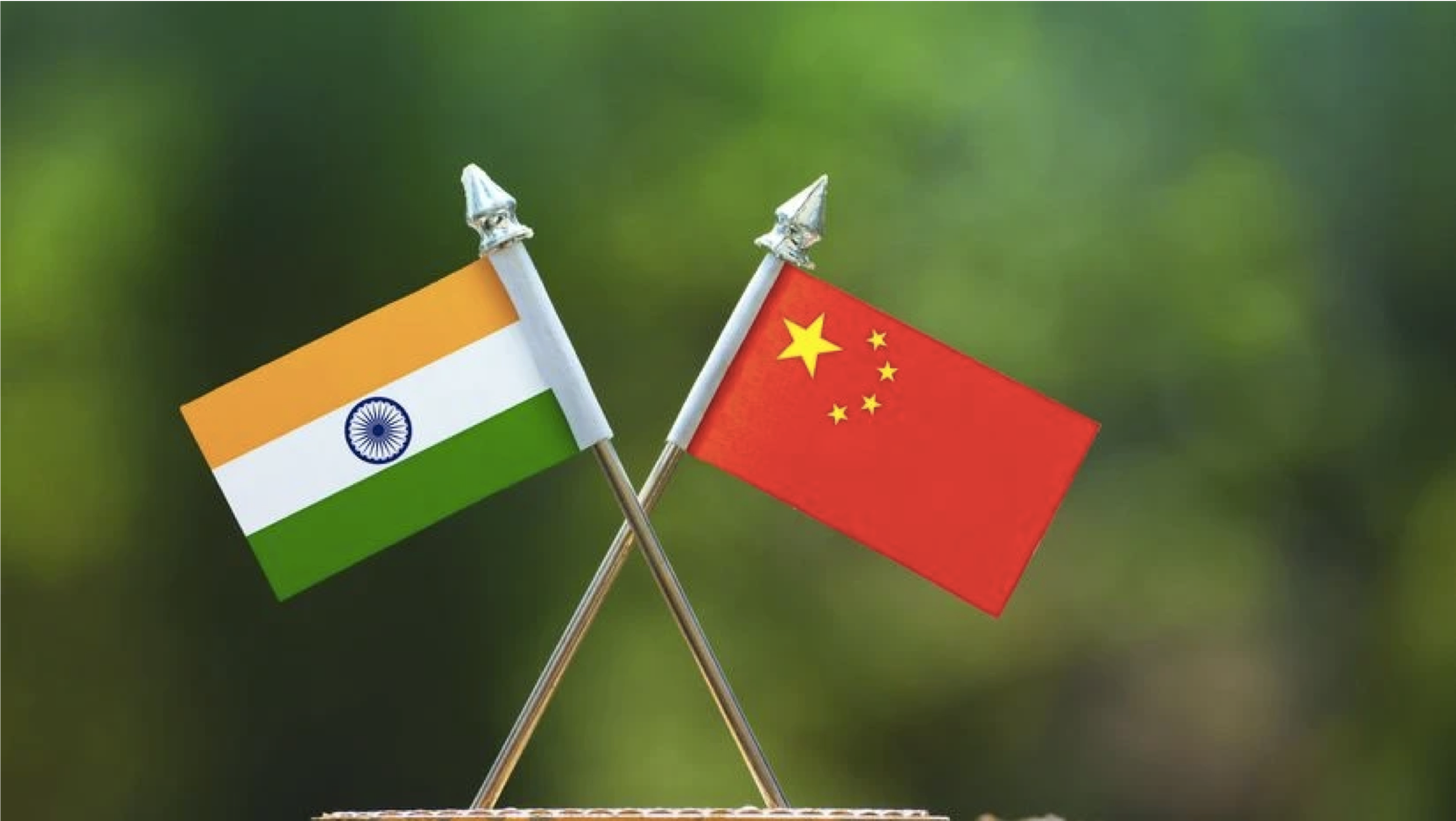
01 November 2024
Why reviving economic cooperation with China could be key to Indias next growth phase.
This article explores how evolving global trade dynamics, Chinas economic slowdown, and geopolitical shifts may create new opportunities for India to attract FDI and strengthen its export base through pragmatic engagement with China.
Read More →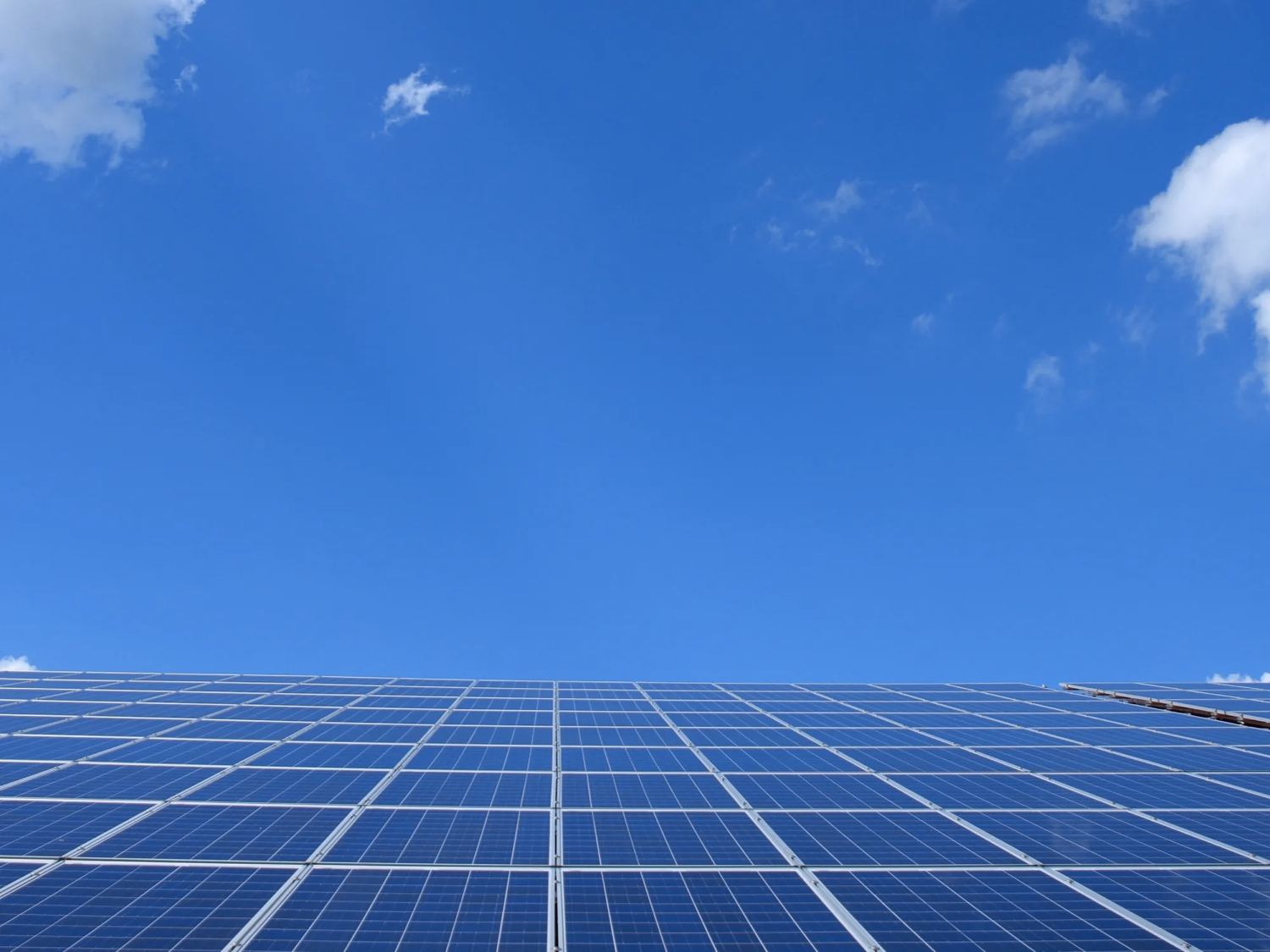
14 July 2023
Encouraging rooftop solar adoption through tariff rationalization can help India meet its climate commitments cost-effectively.
The article argues that rooftop solar power (RTS) is a crucial yet underutilized component in Indias efforts to meet its emission reduction goals. It recommends that the Union Budget should phase out import duties on solar modules and cells to accelerate adoption, reduce household electricity costs, and support Indias commitment to achieving net-zero emissions by 2070.
Read More →